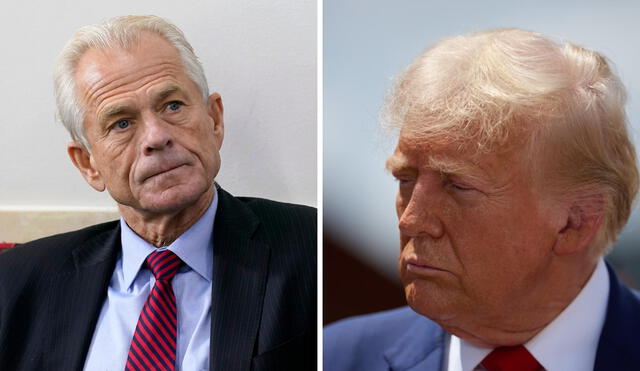Trump’s new tariffs on imported cars to raise billions in U.S. tax revenue
As the U.S. imposes new tariffs, fears of rising prices, job losses, and trade wars grow. Experts warn of economic turmoil—will this move strengthen the economy or backfire on global markets?

President Donald Trump has announced a 25% tariff on imported cars, set to take effect on April 2, 2025. This policy aims to boost domestic production and reduce the trade deficit. The administration expects these tariffs to generate between $600 billion and $1 trillion in tax revenue over the next two years. However, critics argue that the measure will lead to higher vehicle prices for American consumers. The decision is part of Trump's broader economic strategy to prioritize U.S. manufacturing.
EU and Mexico react to U.S. tariffs: Trade tensions and economic uncertainty rise
The European Union has voiced strong concerns, warning that the tariffs will negatively impact businesses and consumers alike. Brussels is currently working on a response and has delayed the implementation of its own tariffs to allow time for negotiations. European leaders fear that escalating trade tensions could disrupt supply chains and increase costs for automakers. There is speculation that retaliatory tariffs could be imposed on American goods. The EU is expected to release a final list of U.S. products targeted for tariffs in the coming weeks.
In Mexico, President Claudia Sheinbaum has taken a cautious stance, avoiding direct confrontation while seeking a favorable deal after April 2. Mexico’s automotive industry, a key driver of its exports, faces uncertainty as a result of the new U.S. tariffs. Analysts warn that the measure could damage cross-border trade, affecting thousands of jobs in both countries. Mexican officials are considering diplomatic and economic strategies to mitigate the impact. Meanwhile, automakers in Mexico are bracing for possible disruptions.
U.S. tariffs spark economic concerns: Inflation, job losses, and global trade risks
Economic experts warn that the tariffs could fuel inflation and slow economic growth in the United States. The Federal Reserve has expressed concern over increased uncertainty, which could affect economic forecasts. Some analysts argue that higher costs for imported cars will strain household budgets and reduce consumer spending. Others believe the tariffs might backfire, leading to job losses in industries reliant on global supply chains. The long-term effects on the U.S. economy remain uncertain.
Industry analysts, including Kenneth Smith, president of the Mexico-U.S. Bilateral Business Committee, argue that the 25% tariff is a mistake. They believe it will harm not only the global automotive industry but also U.S. trade relations. Many automakers, including American companies that rely on international production, are assessing potential financial losses. The decision could lead to lawsuits and international disputes. As the deadline approaches, global markets are watching closely for further developments.












